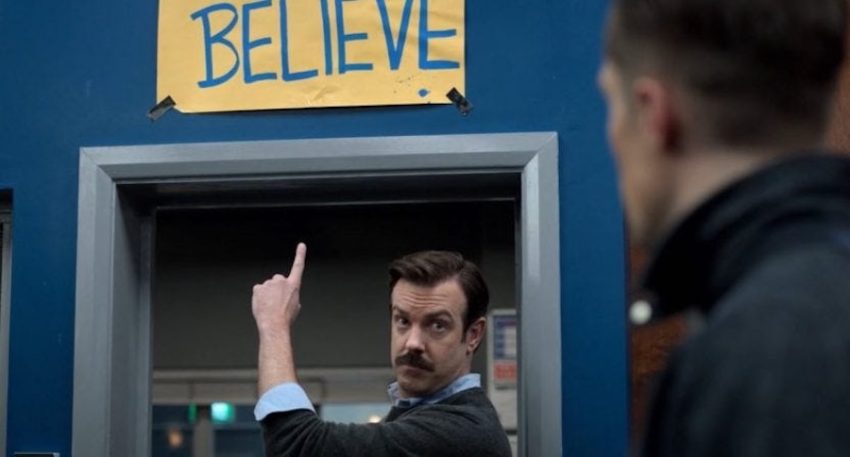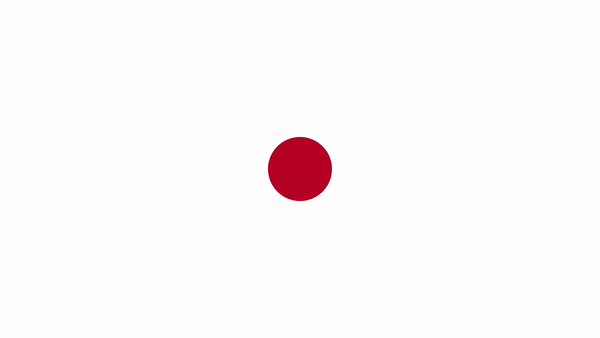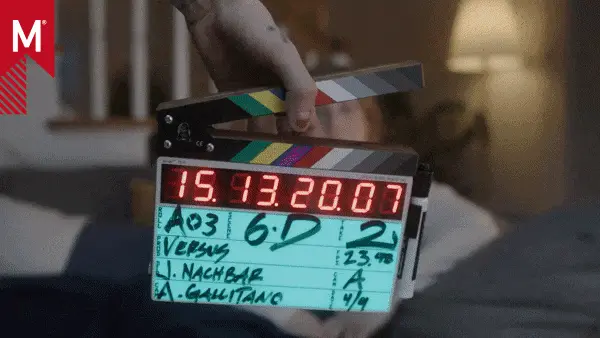The journey from solo freelancer to creative studio owner is a leap, one filled with the thrill of potential and the burden of responsibility. It’s one thing to master your craft and earn the trust of loyal clients. It’s another to imagine building a business that reflects your vision, sustains your team, and still stirs your soul.

Imposter Syndrome in Action
The Entrepreneurial Leadership Shift
But that’s exactly the challenge creative entrepreneurs face: how do you grow without becoming something you never intended?
Scaling a creative business is not only about increasing headcount or landing high-profile accounts. It is about evolving your identity and shedding the imposter syndrome that can creep into a brand as it expands.
The process begins with acknowledging that the skills and mindset that got you to this point—your hustle, your hands-on control, your ability to do it all—will not carry you forward. This is the beginning of what some call the Entrepreneurial Leadership Shift.
You are no longer merely the doer. You are now the leader. That transition requires letting go—not of your standards—but of the belief that only you can uphold them. Leadership, in its clearest form, is the act of multiplying your company’s potential through others. And yet, the leap from craftsman to captain often feels unnatural, even painful.
Many founders hesitate to delegate, fearing it will dilute the integrity of their decisions. In reality, the greater threat lies in stagnation. The solution is not to relinquish standards, but to formalize expectations through systems and routines. It is about maintaining responsibility while empowering your team to make decisions.
When done well, this approach allows your studio to scale without sacrificing the distinctiveness that defines your work.
On the Bus, In the Right Seat
At the center of any studio, of course, is the team. Hiring should never be an exercise in filling seats. It should be a pursuit of creative kinship. The right hires won’t simply echo your strengths—they will challenge and complete them.
In RevThink’s Weekly Confab group, where studio owners work through key growth transitions, we often return to Jim Collins’ Good to Great and its foundational lesson: success depends on getting the right people on the bus and ensuring they are in the right seats.
Far too often, studios hire out of urgency, only to find themselves caught in a cycle of burnout and cultural erosion. The better path is to lead with intention. Growth requires foresight. That means looking for talent before the need feels immediate. Freelancers and contractors, when used strategically, can serve as both creative partners and recruitment pipelines—people who understand your vision and help push it further.
Still, even with a capable team, delegation remains one of the most difficult arts to master. Replacing micromanagement with systems, routines, and clarity is essential. When you take the time to explain not just what must be done, but why it matters, you offer your team a sense of ownership.
Your role becomes one of providing a framework—your standards, values, and vision—then allowing others to interpret and execute it. Somewhere between structure and freedom, the strongest creative cultures take root.
Growth, naturally, brings friction. You will face pressure—financial, creative, relational. There will be moments of doubt, erratic cash flow, over-demanding clients, and teams that stretch, stumble, and occasionally fall. As a founder, you will ask yourself more than once whether it is worth the weight.

Jason Sudeikis as Ted Lasso in a scene from Ted Lasso. Courtesy of Apple TV+.
But Here’s the Truth
All of it, the stress, the risk, the redefinition, is part of the journey. Growing a studio is not just about building capacity. It’s about creating the future. Yours, and your team’s.
The creative identity you once protected as a solo act doesn’t vanish when you scale. It deepens. What begins as a single voice evolves into a shared language.
The key is to remain intentional. Protect time for your own creativity. Resist the pressure to homogenize or chase trends. Lead with your values and let your distinctiveness set the tone.
The more you define what makes you different, the less you’ll have to compete on speed or price.
And Most of All, Remember This…
The soul of your business was never about doing it all yourself. It’s about building something that reflects who you are at scale.
A studio where others can grow, where clients feel something different, and where the work means something more than deliverables.
This is what we mean at RevThink when we say, “The best way to deal with the future is to CREATE IT.”
Growth isn’t the enemy of your creative vision. It’s the canvas for your evolution.
So take the leap. But take it with purpose. Because the creative world doesn’t need just another studio—it needs your studios to thrive.









